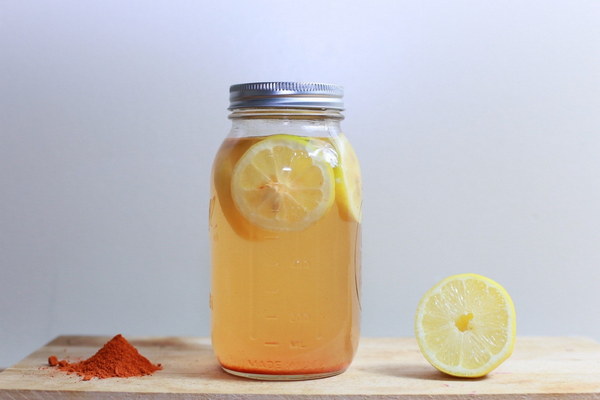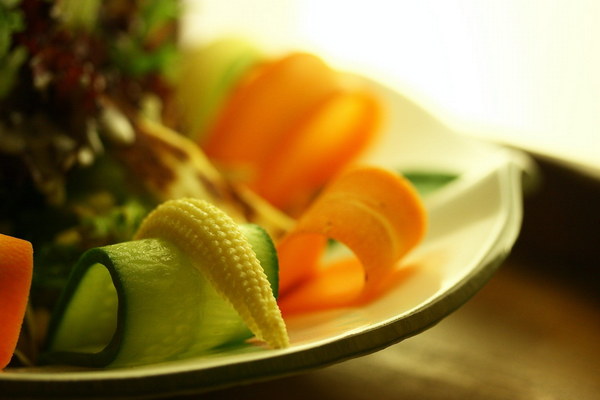Natural Remedies for Baby's Cough 6-Month-Old Infant's Dietetic Therapy
Infants, especially those in their first year of life, are particularly susceptible to coughs due to their developing immune systems and respiratory systems. When your little one starts to cough, it can be quite distressing for parents. While medical treatments are important, sometimes a natural approach can be just as effective, especially when it comes to dietetic therapy. Here's a guide to help you manage your 6-month-old infant's cough using natural remedies.
Understanding the Cough
Firstly, it's important to understand that coughs are a protective mechanism of the body. They help to clear the airways of irritants, mucus, and foreign particles. However, when the cough becomes persistent, it may indicate an underlying condition, such as a cold, bronchitis, or even allergies.
Dietetic Therapy for Cough in 6-Month-Old Infants
1. Hydration is Key
Maintaining adequate hydration is crucial for infants. Offer small, frequent sips of water or breast milk, which can help thin the mucus and make it easier for your baby to cough it up.
2. Breastfeeding
Breast milk is not only a complete food for your baby but also has natural properties that can help soothe a cough. The act of breastfeeding also helps to clear the nasal passages.
3. Steam Inhalation
Steam can help to open up the airways and relieve coughing. Gently warm water in a bowl, and have your baby inhale the steam while you sit with them in a warm, enclosed room.
4. Herbal Teas
Herbal teas, such as chamomile or peppermint, can be soothing for a baby's throat. Make sure to cool the tea to a safe temperature before offering it to your infant. However, consult with a pediatrician before introducing any herbal remedies.
5. Honey
Honey has natural antibacterial properties that can help soothe a cough. For babies over 6 months old, a small amount of honey (less than a teaspoon) can be mixed with warm water or breast milk and given to soothe the throat. Always consult with a pediatrician before giving honey to infants.
6. Ginger
Ginger has anti-inflammatory properties that can help reduce coughing. You can mix a small amount of grated ginger into your baby's food or breast milk, but always consult with a pediatrician first.
7. Avoid Certain Foods
Some foods can exacerbate a cough in infants. Avoid giving your baby dairy products, chocolate, and highly acidic foods, as they can increase mucus production.
8. Proper Nutrition
Ensure your baby is receiving a well-balanced diet that includes fruits, vegetables, and lean proteins. A strong immune system is crucial for fighting off infections that can lead to coughs.
When to Seek Medical Help
If your baby's cough persists for more than a few days, or if they show signs of difficulty breathing, fever, or lethargy, it's important to seek medical attention. A pediatrician can provide appropriate treatment and determine if there's an underlying condition that requires further intervention.

Remember, while natural remedies can provide relief, they should never replace medical advice. Always consult with your pediatrician before trying any new treatments for your baby's cough.
In conclusion, managing a 6-month-old infant's cough can be challenging, but with the right approach, you can help soothe your baby's discomfort and support their recovery. By focusing on hydration, breastfeeding, and a balanced diet, you can help your little one feel better naturally.









